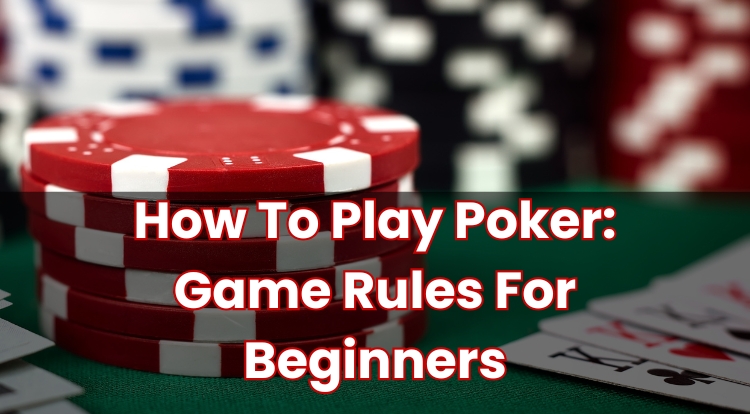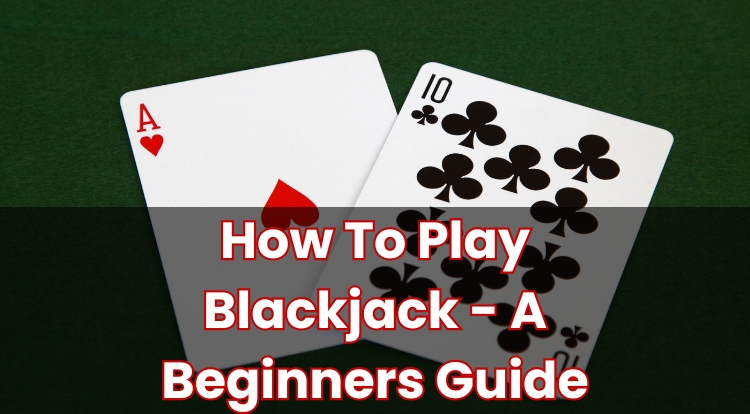What Does It Mean When You Have a Cooler In Poker?
Poker has many terms that might seem unfamiliar at first. One of these is “cooler,” a word that carries a specific meaning in the game.
Learning about what a cooler is and how it may affect the game will add to your understanding of poker. This guide explores the concept in simple terms, helping both new and experienced players build their knowledge.
What Is a Cooler In Poker?
A cooler in poker is a situation where one player has a strong hand, but another player has an even stronger hand.
For instance, one player might have a full house, which is a very strong hand. However, if another player has a higher full house or even four of a kind, the first player’s strong hand becomes less valuable and is known as a cooler. This has the potential to lead to a big loss simply because the first player has a strong enough hand to make them likely to want to commit chips.
Coolers are part of the game and cannot be predicted or avoided.
Why Is It Called a Cooler?
The term “cooler” in poker is believed to come from the notion of “cooling down” a winning streak or a strong hand. When a player with a seemingly unbeatable hand encounters an even stronger one, it can dampen their optimism.
In this context, a cooler refers to the cooling effect it has on the player’s game. It is as if the strong hand they hold suddenly loses its heat. This term captures the shift in momentum when a player, confident with their hand, faces an unexpected stronger hand.
Though this may be disheartening, encountering a cooler is a common part of poker. Players may find it helpful to keep a steady approach and understand that such scenarios are natural in the game. As with all aspects of gambling, playing responsibly and staying calm during these moments can make your overall experience more enjoyable.
Cooler In Poker Example
Imagine a scenario where two players are in a game of Texas Hold’em. Player A holds two aces, a very strong hand that often leads to a win. Player B, on the other hand, has two kings.
The community cards on the table reveal another ace and two more kings, giving Player B four of a kind – an exceptional hand in poker. Despite Player A’s strong three aces, they face a cooler because Player B’s hand is stronger.
Coolers, such as this one, typically lead to significant betting, as both players are confident in the strength of their hands. Player A, believing their three aces are unbeatable, may bet heavily. However, with the completion of the community cards, Player B’s four of a kind proves to be the winning hand.
This example highlights how coolers occur naturally and are part of the game dynamics. Players may benefit from looking back at these situations as learning moments. While it may be disappointing, remembering to gamble responsibly and keeping a level-headed approach helps maintain a positive gaming experience. Understanding coolers can help players be better prepared if they happen during a hand.
Is a Cooler The Same As a Bad Beat?
A cooler and a bad beat are terms often heard in poker, but they are not the same thing. Understanding the difference between them can enhance a player’s grasp of the game.
As mentioned earlier, a cooler involves two players both having strong hands, but one has a slightly stronger hand that leads to their win. It is a natural occurrence where both hands are good, yet one is superior. A cooler is typical of a strategic match rather than an unexpected turn of events.
On the other hand, a bad beat happens when a player loses despite having a hand that, under normal circumstances, would likely win. This typically occurs due to an unlikely outcome on the final community cards, leading to a surprising loss for the losing player.
Recognising the distinction may help players cope with these situations better. While both can be part of the poker experience, being mindful of such scenarios helps in adopting a reasonable perspective on the game.
*The information provided in this blog is intended for educational purposes and should not be construed as betting advice or a guarantee of success. Always gamble responsibly.





